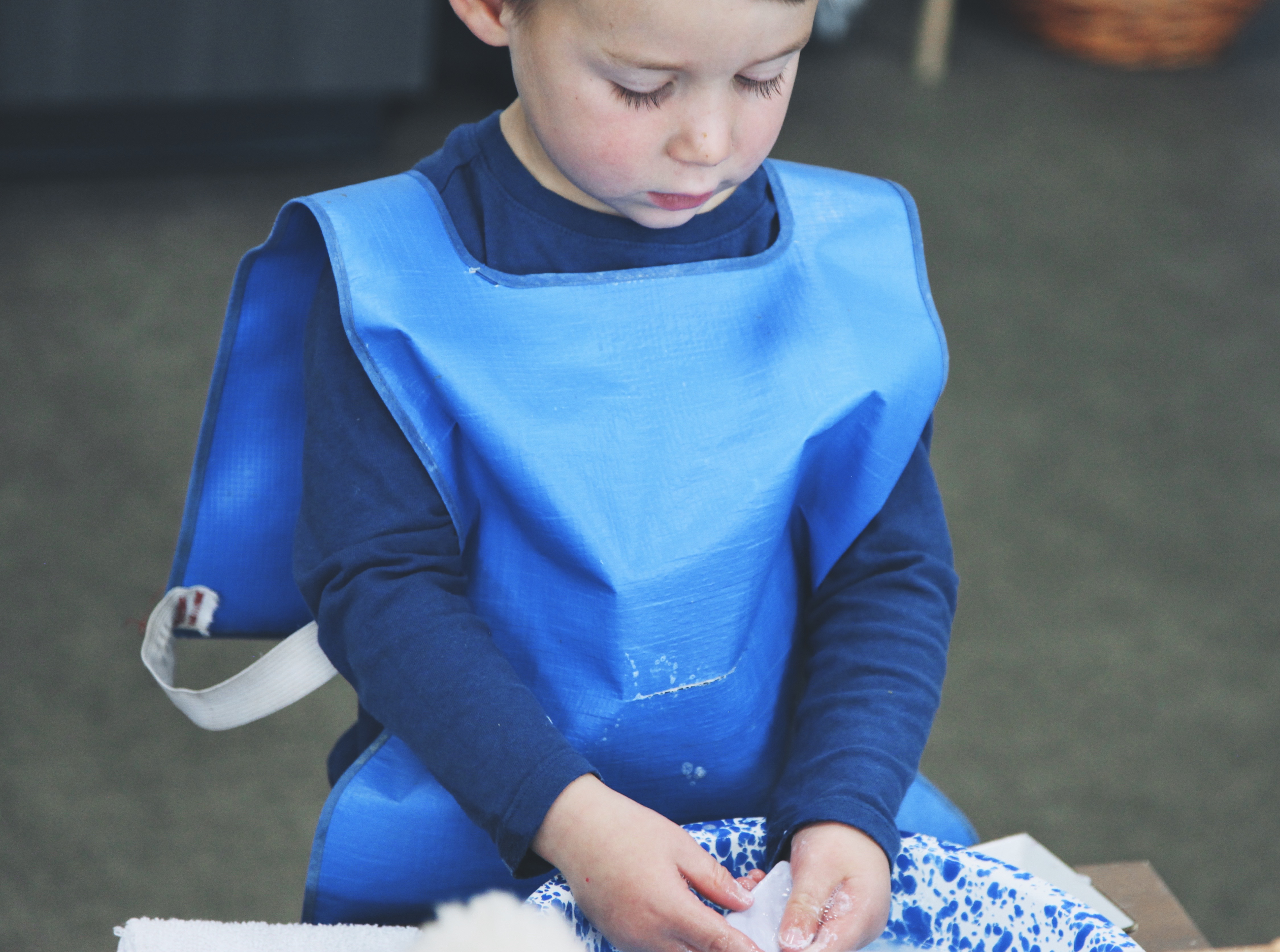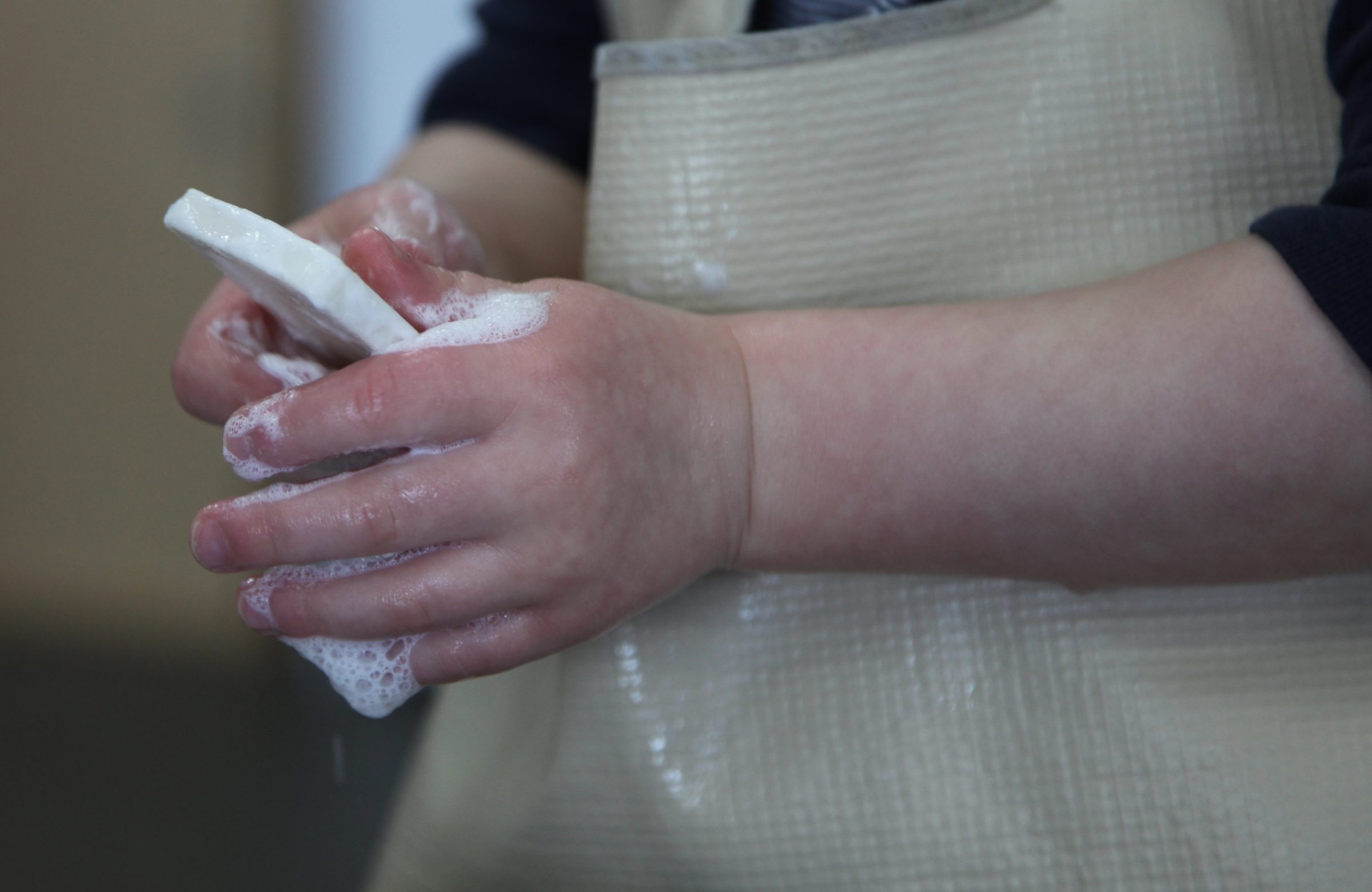Freshman 15: Understanding Freedom and Discipline
Thoughts & Reflections
Wen Duan is thoughtful, reflective, and always asking big questions. She wants to know the Why of things, not just what to do, but how to do it, what worked, what didn’t, how to improve for next time. Freedom and Discipline is a huge undertaking, and often takes us years to fully understand… until we discover new depths of understanding!
It was during a big conversation that Ms. Duan made the connection between The Freshman 15 and Freedom and Discipline, and we couldn’t wait to hear more! Here’s what came from that conversation. Her thoughts certainly aided in our understanding of Freedom and Discipline! We love the way Ms. Duan brings new thoughts to this timeless topic.
…
Freedom and discipline are complementary opposites that define the function a Montessori classroom. What’s more, in my first full year exposed to the Montessori philosophy, I’ve come to realize how fundamental, complicated, and delicate this balance is.
As with most overwhelmingly complex concepts, I find it easiest to understand through analogous examples. So where can I see this in the adult world?
With much simplification, the struggle between Freedom and Discipline can be personified in the rite of passage known as the Freshman 15.
A common phenomenon, a college freshman often inherits 10-15 pounds after their first year or semester of college, their first taste of living independently from their parents. The Freshman 15 can be caused by stress mixed with a new environment , but certainly these cannot be the only factors. Young adults who graduate from high school have been eating every day for 18 years, 18 years of consistent experience and practice does not lead to a sudden influx of weight gain of 10-15 pounds in a single season.
So what is the underlying factor?
Prior to college, these students were provided with a pre-filtered selection of options in the fridge and on the table at home and at school. They are told veggies are good for the body and cake is a treat for sometimes. These disciplined choices are often made by an adult with authority.
The first year of college signifies a first taste of independent living. Students have the freedom to structure their day to day activities. The disruption of structure with increased distance from one’s parents creates an opportunity to make poor choices. College cafeterias host a buffet of options fueling food cravings and desires of students without a parent’s watchful eye, an eye that often looks out for nutritional needs and healthy food choices. So when faced with the freedom of all the choices, freshman often pick what they want or whatever is cheapest, filling their immediate needs and in large portions.
Learning the discipline of self-control and awareness is especially difficult in a new environment with a new routine and sources. Without learning to make nutritional choices of planning, buying, and cooking food for oneself’s health, it is not surprising that students often gain 10-15 pounds in their first semester of college.
The Freshman 15 is the rite of passage between discipline and freedom. The struggle before gaining independence, that 15 pounds is the natural consequence from the lack of self-discipline in a world full of choices. When you have too much freedom (too much food, not enough sleep), your body and mind begin to decline. But when you have too much external discipline, you will lack independence, so when faced with freedom of choice you start making choices unaware of the consequences.
The balance of freedom and discipline is the distinction between doing something because you are told to or feel an impulse, and making independent decisions for the good of self.
This delicate balance is innate in the Montessori environment, where the practice between freedom and discipline leads to making good independent choices. In the classroom, guides help lay out the available choices for the children, helping them to think through options within the classroom, and reveal the natural consequences of decisions without the promise of reward or punishment. By laying out facts and asking thoughtful questions, teachers in the Montessori classroom guide the child draw their own logical conclusions that help them function within the rules of the classroom.
Through this process, the child is eventually entrusted with the responsibility of functioning freely within the Montessori environment, and eventually within their own world.
“The child has to acquire physical independence by being self-sufficient; he must become of independent will be using in freedom his own power of choice; he must become capable of independent thought by working alone without interruption. The child’s development follows a path of successive stages of independence. ”
Learn more about Ms. Duan here!
Written by:
Baan Dek





